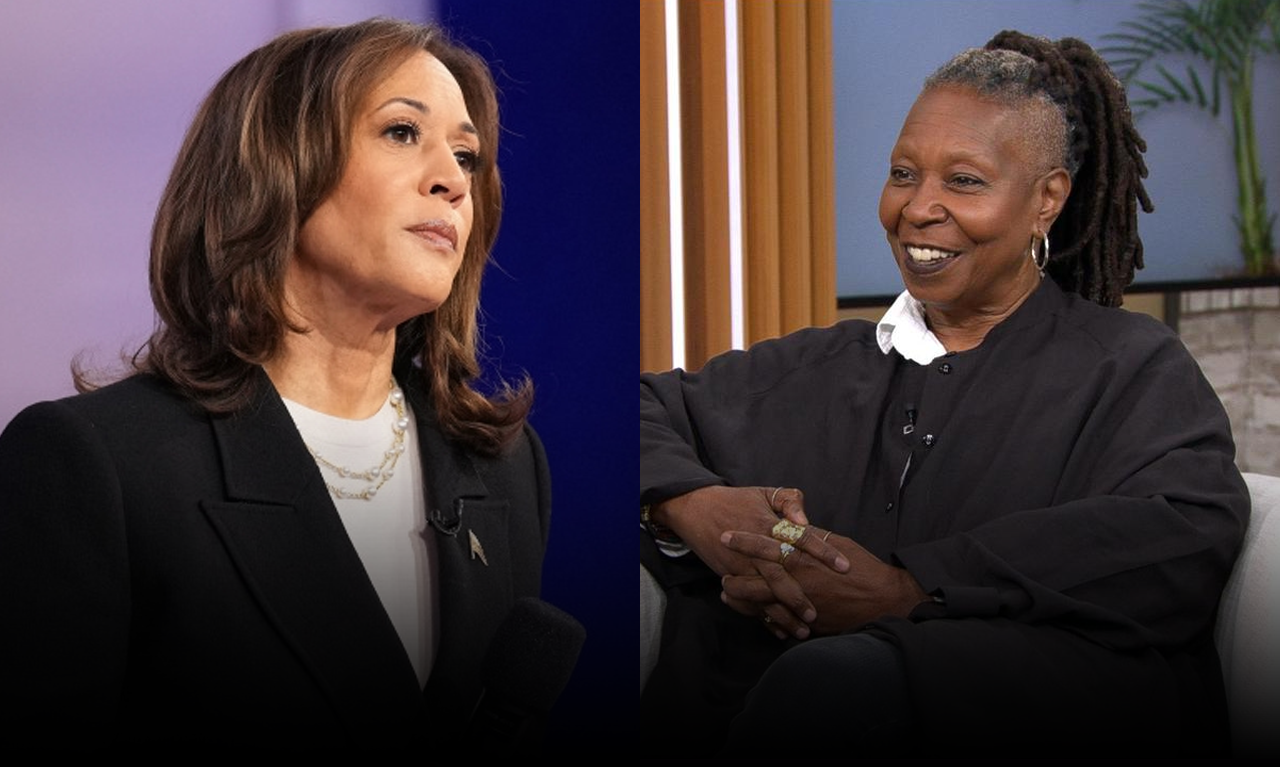
The tricky things about defining moments is that they’re only clear in retrospect.
Partisans of Vice President Kamala Harris in this year’s election might, before the outcome became suddenly and crushingly clear on Tuesday night, have thought the campaign was defined by her romp over former President Trump in their one debate together, or by her team’s relatively agile response to the late-in-the-race “floating island of garbage” gaffe, or by the vague “joyful” energy of the album “Brat.” But perhaps the key moment — both in and of itself and for what it revealed about where the candidate was willing to go, and where she was not — happened in an October appearance on “The View.”

Co-host Sunny Hostin asked Harris whether she would have done anything differently from President Joe Biden over the past four years; Harris responded “There is not a thing that comes to mind,” before saying that she had been a part of most major decisions the administration had made.
It speaks, first, to Harris’ near-impossible position: Running both as an incumbent and a challenger, a member of an administration of which the public had grown weary who had to convey a sense both of continuity and of change simultaneously. (An accidental candidate and, though energetic and thoughtful, ultimately the wrong one for her moment, Harris would not have been in this position had her unpopular boss made the decision not to run for re-election much earlier.)
And it gives, too, a sense of a certain congenital unwillingness to take a risk: To have broken with Biden in any meaningful way would have been to endure some short-term discomfort at her current job (she was, and is, still the Vice to his President) in order to make clear why she deserved a prospective next job. No small measure of personal vanity seems at play as well: Harris’ insistence on emphasizing that she has been a part of the administration’s decision-making seems, looking back, an odd thing to say in a climate where the decisions the administration made — some of whose economic benefits will be felt, the administration has argued, deep in the future but are not yet felt today — left much of the country feeling as if things were on the wrong track. (Exit polls indicated that some three-quarters of the country were dissatisfied with the direction of the nation, a tough situation for the incumbent party’s candidate no matter who she might be.)
This seems not to have been a winnable election for Harris: It’s not worth pretending that had she made a different comment on “The View,” she would have reversed the nation’s striking rightward shift. But the show ought to have been an easy assignment: It’s a panel discussion with a group of women who were all, to a one, vocal Trump critics, and who were all, furthermore, unapologetic in their support of a female candidate for president. And Harris had diverged from Biden in, for instance, the fulsomeness of her support of a woman’s right to choose. What her refusal to break with Biden did was not to change a dynamic that already existed but, perhaps, to reveal it: Harris was, in the end, burdened by what had been.







